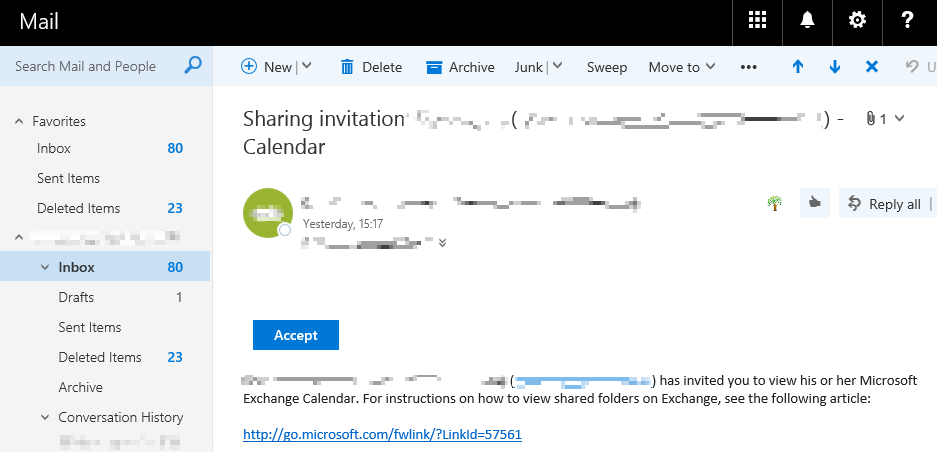
When you create a calendar in Bookings, you must provide a unique business name.

In an academic context, a business could be a section of a class, a research group, an academic department, or an individual faculty or staff member. Business: This refers to the unit with which clients will be scheduling an appointment.Microsoft Bookings was developed primarily for businesses consequently, some of the terms used Bookings may seem odd in an academic setting: When a client books an appointment with you in Bookings, the appointment is synced to your Outlook calendar and a confirmation is sent to the client. Clients wanting to schedule meetings will see only times that are not already booked.Īlthough other appointment scheduling solutions are available at IU (such as the Student Appointment Scheduler and the Scheduler tool in Canvas), Bookings may be especially useful if you want to provide clients outside the university a self-service option for booking appointments that fit into your schedule, without the need for email correspondence or phone calls.įor example, faculty can use Bookings to let students sign up for their office hours, and departments can use Bookings to let IU and non-IU clients schedule meetings with their staff. You can specify times you are available for meetings and sync booking information with your Outlook calendar. Calendars in Bookings can operate independently or in conjunction with your Outlook calendar. With Bookings, you can create and configure calendars for yourself or for a group of IU Exchange Online users.

#MICROSOFT OFFICE CALENDAR SHARING WITHOUT EXCHANGE LICENSE#
At Indiana University, use of Bookings requires a Microsoft 365 A5 license to check whether you're eligible, refer to the "Microsoft 365 (A5 license)" entry in the Account eligibility table in IU account types and eligibility.


 0 kommentar(er)
0 kommentar(er)
